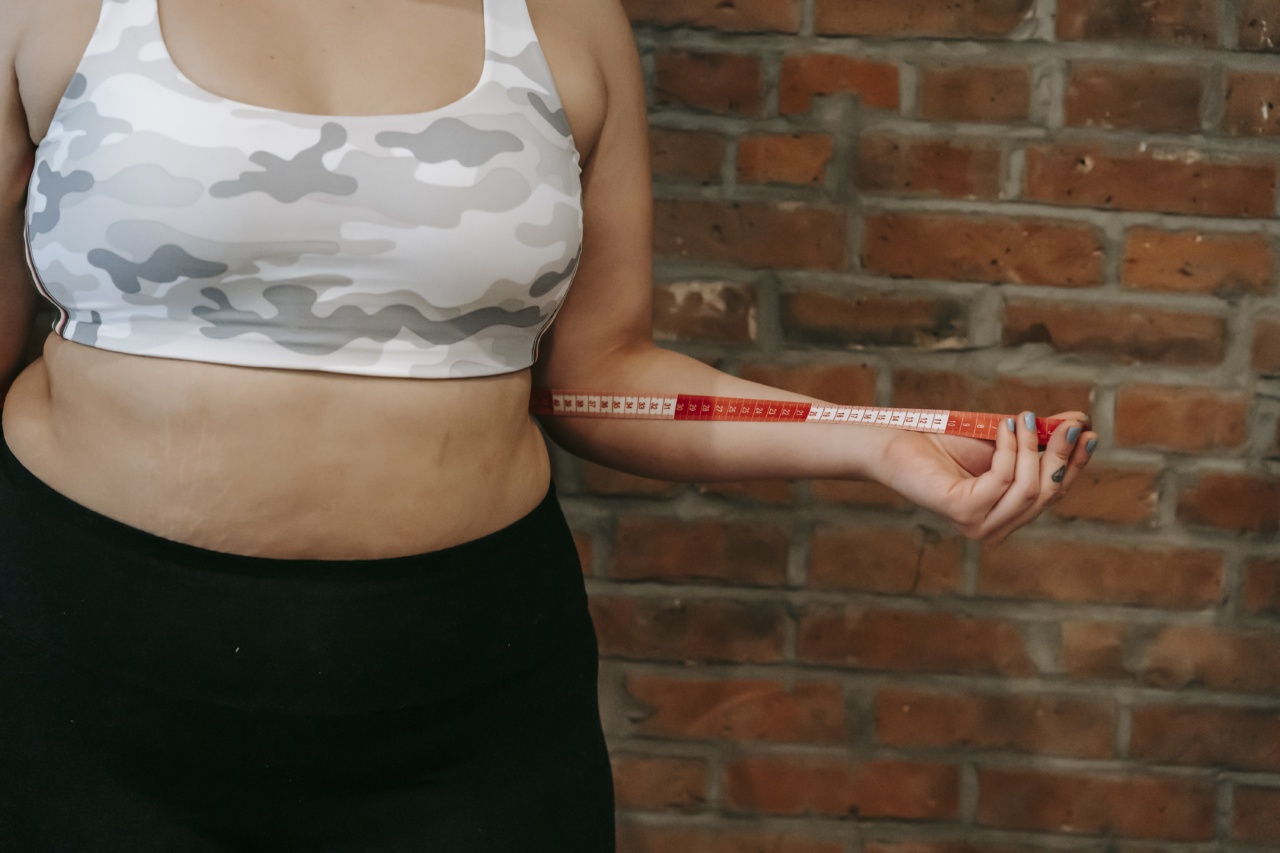Dieting can seem like an overwhelming task. With new fad diets popping up every day and conflicting information flying around, it can be hard to know what works and what doesn’t.
However, there is good news: a healthy diet doesn’t have to be complicated or restrictive. In fact, with a few simple changes, you can incorporate healthy eating habits into your routine that will not only improve your health but also be sustainable over the long haul.
In this article, we’ll go over a few key tips for achieving an achievable diet that works for everyone.
1. Make Small Changes
One of the biggest mistakes people make when trying to change their diet is trying to do too much too fast. Cutting out all sugar, for example, or switching to an all-vegetable diet overnight is a recipe for failure.
Instead, focus on making small, sustainable changes. For example, you might start by cutting back on sugary drinks and drinking more water. Or, you might try swapping out white bread for whole-grain bread. These small changes are more sustainable and have a big impact over time.
2. Focus on Whole Foods
One of the most important things you can do for your health is to eat whole foods. These are foods that are as close to their natural state as possible, and they include fruits, vegetables, whole grains, and lean proteins.
By eating whole foods, you’ll be getting all the nutrients you need without the added sugar, salt, and preservatives that are often found in processed foods. Plus, whole foods are more filling and satisfying, so you’ll be less likely to overeat.
3. Plan Ahead
When it comes to healthy eating, the old adage “fail to plan, plan to fail” is true. Taking a little time each week to plan your meals and snacks can make a huge difference in your ability to stick to a healthy eating plan.
Plan out your meals for the week, and make a grocery list of all the ingredients you’ll need. Then, cook in bulk and portion out your meals for the week. Having healthy options readily available will make it easier to avoid temptation and choose healthy foods instead.
4. Don’t Be Too Restrictive
The key to sustainable healthy eating is balance. While it’s important to focus on whole foods and limit processed foods, it’s also important to allow yourself some flexibility.
If you absolutely love ice cream, for example, it’s okay to have a small serving once in a while. Trying to cut out all your favorite foods completely will only make you feel deprived, which can lead to overeating and binging. Instead, focus on moderation and portion control.
5. Get Enough Protein
Protein is an essential nutrient that your body needs to build and repair tissues. It’s also important for maintaining muscle mass, which is crucial for overall health and wellness.
Make sure you’re getting enough protein in your diet by including lean sources such as chicken, fish, and beans. Aim for at least 20-30 grams of protein at each meal to keep you feeling full and satisfied throughout the day.
6. Stay Hydrated
Drinking enough water is crucial for overall health and wellness. It helps to regulate body temperature, transport nutrients, and flush out toxins. Make sure you’re getting enough water by drinking at least eight cups a day.
You can also get hydration from other sources such as fruits and vegetables. Try drinking a glass of water before each meal to help you feel full and eat less.
7. Focus on Portion Control
Even healthy foods can lead to weight gain if you eat too much of them. This is why portion control is so important. Use smaller plates, bowls, and cups to help control your portions.
Aim for one serving of protein, one serving of whole grains, and plenty of vegetables at each meal. And don’t forget to listen to your body’s hunger signals. If you’re full, stop eating!.
8. Avoid Processed Foods
Processed foods are often high in sugar, salt, and preservatives, and they lack the nutrients your body needs. Stick to whole, natural foods as much as possible, and avoid packaged foods that have a long list of ingredients you can’t pronounce.
If you do eat processed foods, read the label carefully to make sure they’re not loaded with added sugars, salt, or preservatives.
9. Find Healthy Swaps
One of the easiest ways to make your diet healthier is to find healthy swaps for your favorite foods. For example, try swapping out potato chips for veggie chips, or bread for lettuce wraps. These small changes can add up to big results over time.
And don’t be afraid to get creative in the kitchen. There are plenty of healthy, delicious recipes out there that can satisfy your cravings without derailing your diet.
10. Listen to Your Body
Finally, it’s important to listen to your body’s signals when it comes to food. Pay attention to how different foods make you feel, both physically and emotionally.
If a certain food makes you feel bloated or sluggish, for example, it might be time to cut back on it. And don’t forget to give yourself some grace. Everyone has days where they eat too much or indulge in a not-so-healthy meal. The key is to get back on track the next day and keep moving forward.






























